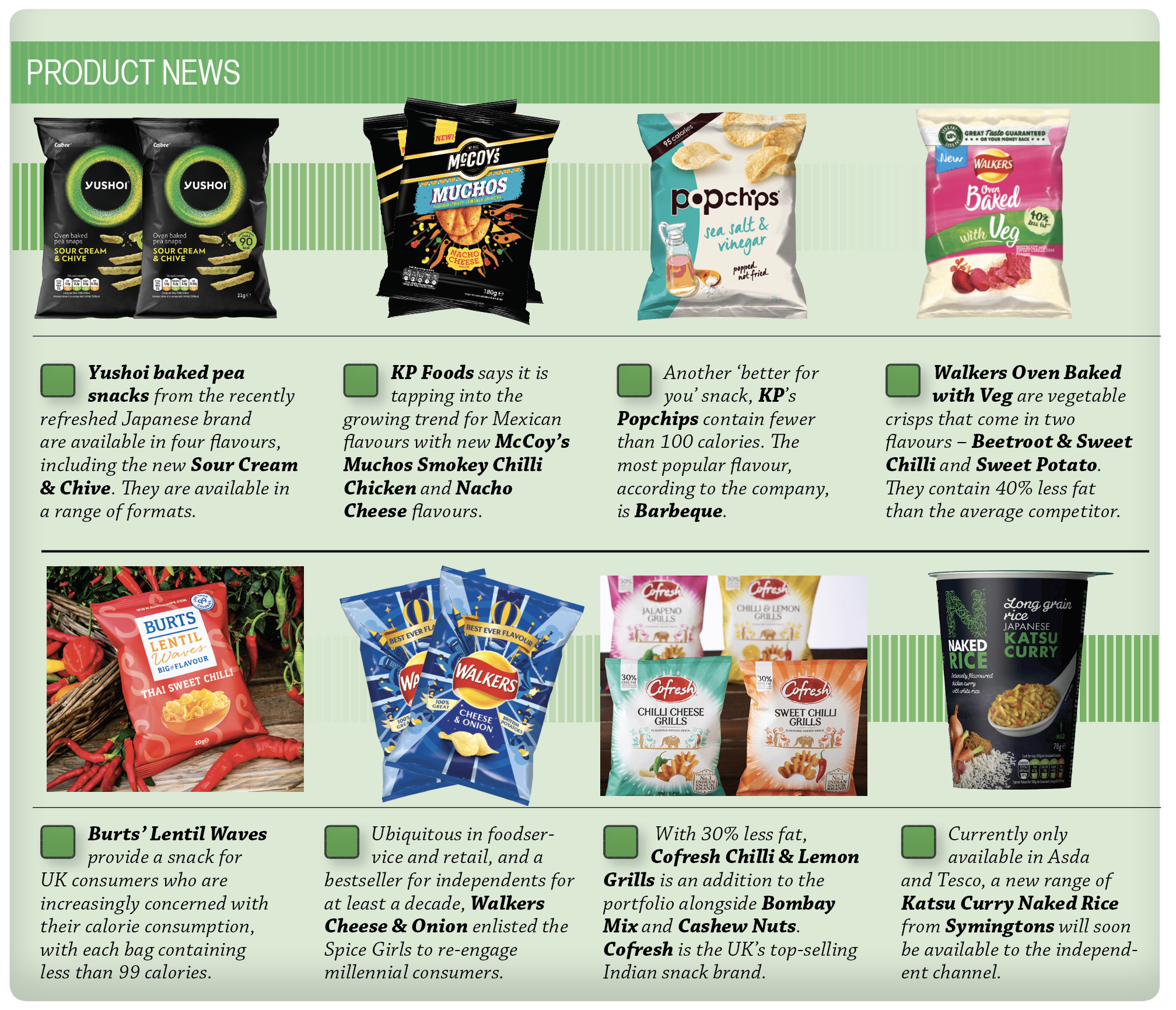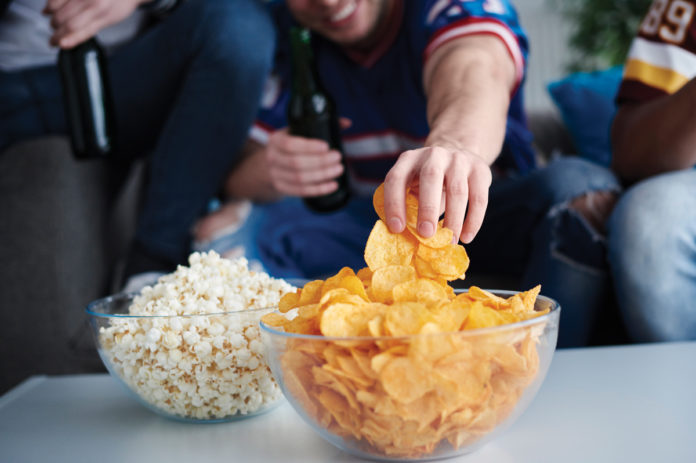Tom Gockelen-Kozlowski has a deep dive into the crisps and snacks market, with sharing bags and healthier alternatives two of the key areas of focus for wholesalers
Let’s begin by outlining just why this category is so important for any wholesale operation. Firstly, whether they are sharing nibbles at social occasions, seeking a mid-meal boost or consuming them as part of a healthier post-exercise routine, 96% of Brits eat crisps and snacks according to industry data.
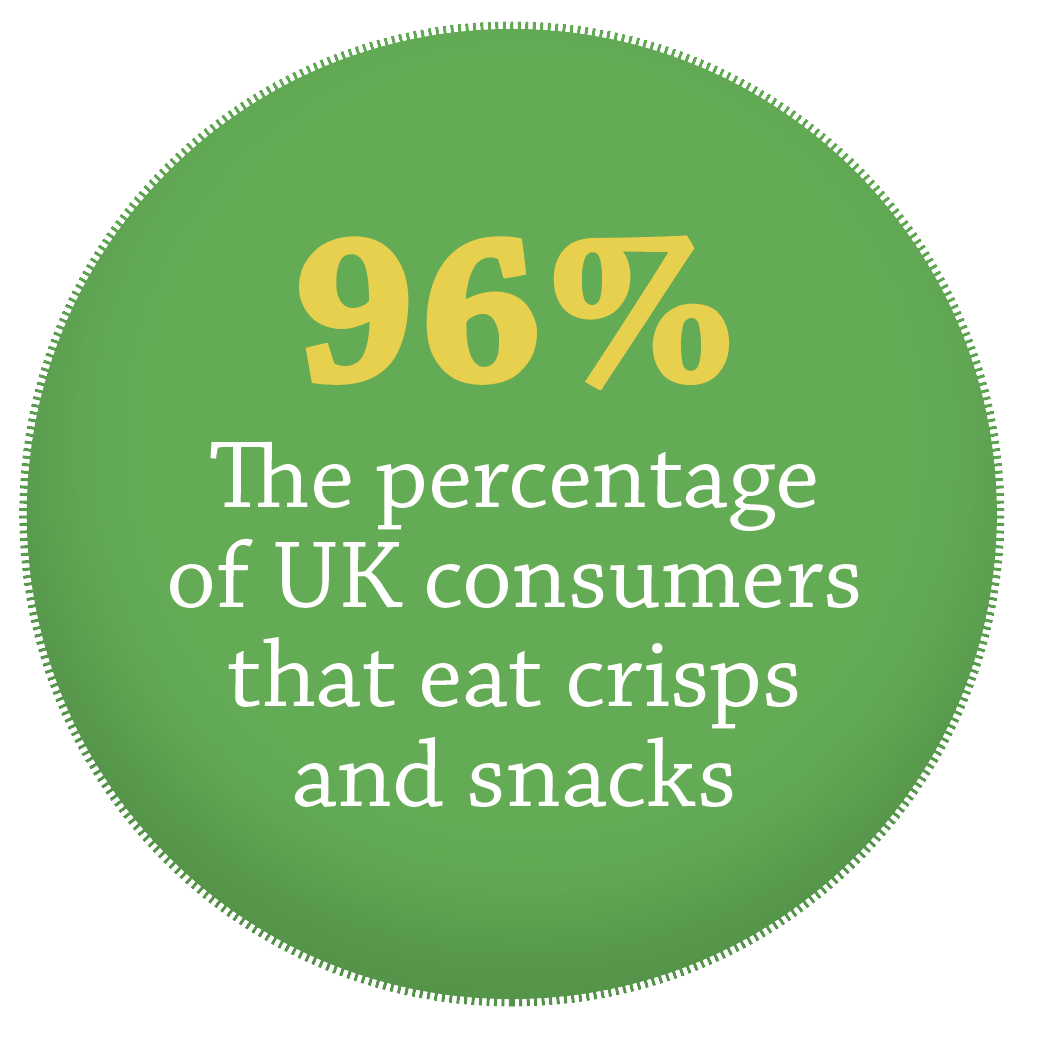
And to further underline the crisps and snacks category’s importance to independent wholesale, the same KP Snacks-commissioned statistics show 69% of us are reaching out for a snack at least once a day.
But this isn’t all: crisps and snacks is one of the categories that is benefiting most from wider changes to shopper behaviour. “There has been a decline in the traditional weekly family shop, with only 28% of the UK now visiting the supermarket for main shops,” says Matt Collins, trading director at KP Snacks.
Instead, 90% of UK shoppers are visiting convenience stores an average of 3.5 times a week, spending an average of £6.28, and creating a huge opportunity for categories that are often impulse-led, such as crisps and snacks.
In this context, it’s unsurprising that companies are making every effort to claim or maintain their spot in the market. “We’ve made sure our brands are visible at every consumer touch point – from TV to wholesale, in store and outdoor,” adds Collins.
The breadth of snacking occasions means there is a whole range of trends that wholesalers and their retailers need to be mindful of. For example, when it comes to sharing occasions, KP Snacks, like others, has brought to market a range of £1 sharing bags to provide an easy and value-led option for shoppers.
“Whether it’s a family night in with a few films in the winter or a barbecue in the sunshine with friends, there are 1.7 billion sharing occasions in the UK,” says Collins.
Another important trend is healthier snacking – also led by changing lifestyles. PepsiCo’s recent launch of Walkers Oven Baked With Veg, which comes in various sharing, impulse and multipack formats, is an example of this.
Two flavours – Beetroot & Sweet Chilli and Sweet Potato – contain 40% less fat than regular crisps and have been formulated to challenge the misconception that vegetable crisps compromise on flavour.
The recent big-budget launch featured the Spice Girls, who have also been used to promote the reformulation of Walkers Cheese & Onion to make it more relevant to ‘millennial families’.
Big flavours
Another trend to emerge is the rising popularity of new and big flavours, and Symingtons has launched a range of rice and couscous snacks to reflect this growing demand.
Kevin Butterworth, marketing director at Symingtons, says: “Across the market, we are seeing a rise in Asian food consumption and this is being carried over into noodle pots, which is seeing 10% growth year on year. As well as having a more prominent feature in store, the sector is benefitting from the increased variety of more authentic products appearing on shelves.”
Many companies have decided to simultaneously adapt to more than one trend, ensuring they’re as relevant to as many consumers as possible. Japanese snack manufacturer Calbee is brand owner of both the traditional heritage crisps brand Seabrooks and the emerging healthier brand Yushoi.
The former is now available in a price-marked pack to emphasise value, while the latter has undergone a recent brand refresh.
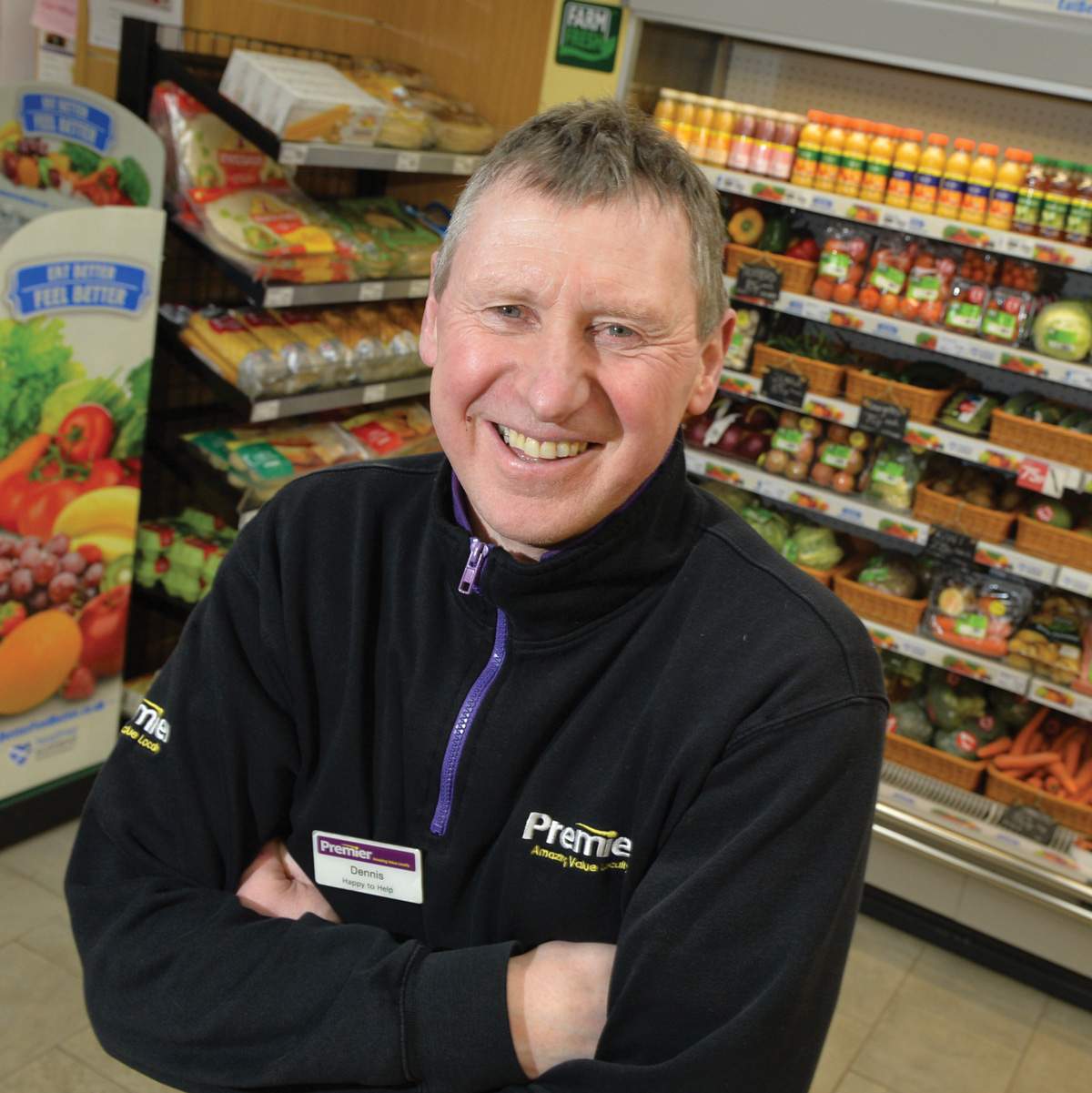
“Multipacks are big sellers, as are multibuy deals on single packs. These are trends that have been growing for a long time. If I had any requests for our wholesalers, it would be to have more signage and display as this is always really helpful for an impulse category like crisps and snacks.”

“We have definitely seen the most sales growth in the larger sharing packs and the multipacks. People are really looking for value, so although people are buying premium products like Walkers Sensations, they like the value they get from larger packs.”
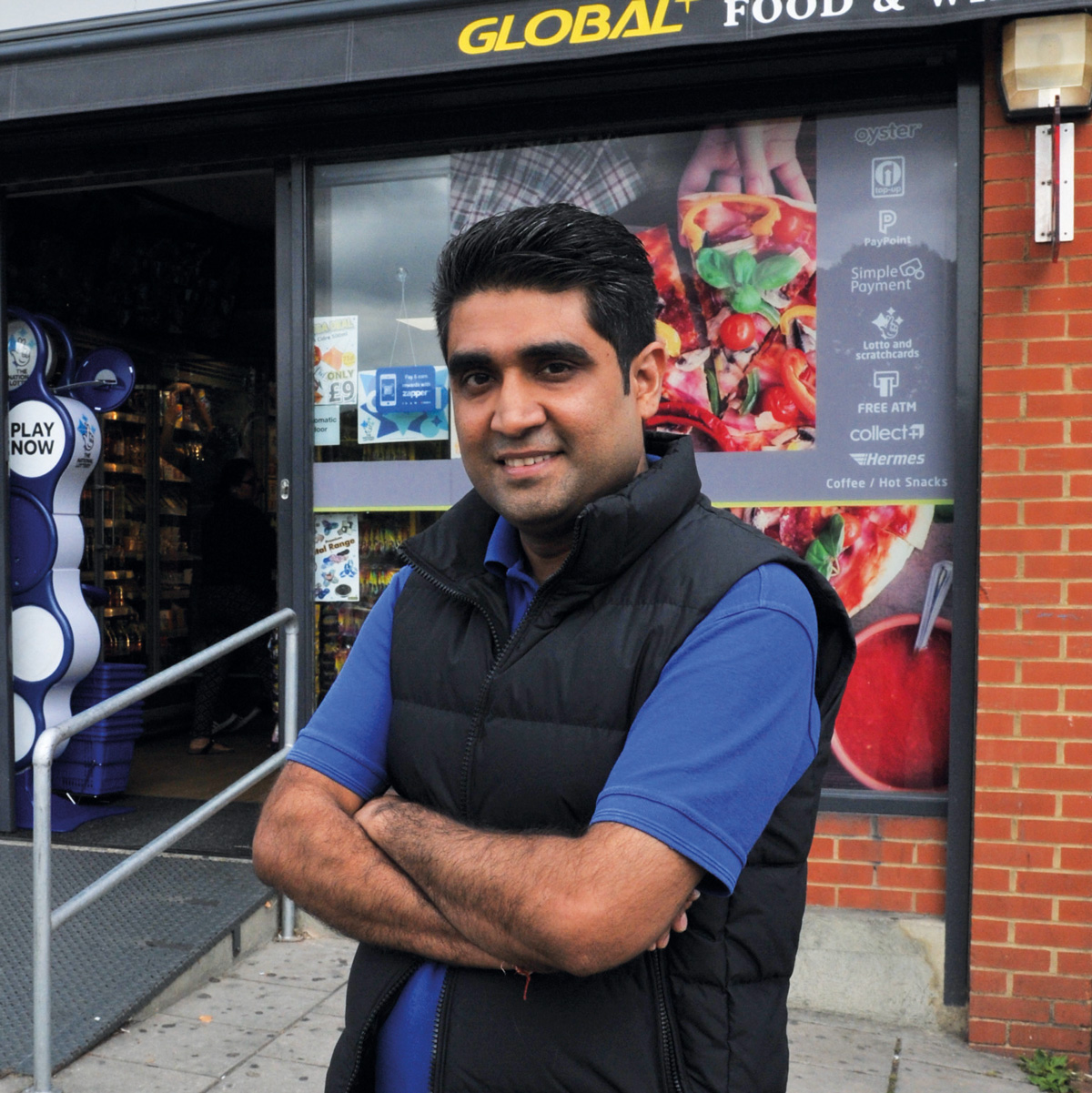
“We stock about 10 flavours of Polish-imported Cheetos because customers love trying different flavours. Most smaller wholesalers tend to stock these products, but you tend not to find them in the larger ones. We get a 40% margin from these products. Crisps and snacks is always a category where we are looking for margin.”

“When it comes to Christmas, we don’t sell much that’s different than usual. We might get in some boxes of chocolates such as Maltesers for people to pick up for a teacher. I don’t think there’s a massive market, though, and Booker and Hancocks cater for what we need.”
Underperforming
Although there is ample opportunity and some very fast-growing sectors of the market, there is increasing evidence that crisps and snacks is a market that is underperforming in the independent channel.
PepsiCo recently released the results of a yearlong project and discovered that many stores were struggling to offer the right product mix. The aim of the project was to simplify stores’ ranges and increase sales.
From this, a ‘Hero 20’ range of snacks was identified. This new core range reflects trends such as food to go and healthier eating, and includes popular products such as Walkers core flavours (Cheese & Onion and Ready Salted), Oven Baked, Sensations, Max and Max Strong, Squared, Doritos, Wotsits, Quavers, Cheetos, Monster Munch and Frazzles.
The results from the trial showed a 20% uplift in sales of sharing bags, a 41% sales increase in ‘better for you’ snacks, and 61% of consumers said they found it easier to navigate the snacks fixture.
Will Kerr, head of impulse category at PepsiCo, says: “This impulse-focused project has helped us challenge norms and delve deeper than ever into the savoury snacks category. It has also led us to develop the Walkers Hero 20, made up of some of the bestselling and much-loved brands in the savoury snacks category.
“We hope this ongoing project demonstrates our continued support for the impulse channel.”
Other brands also see room for growth in the category if suppliers and wholesalers are able to help stores improve category management.
Calbee’s commercial director, Jon Wood, says that by simply increasing shelf space for the category, retailers and wholesalers can see sales benefits.
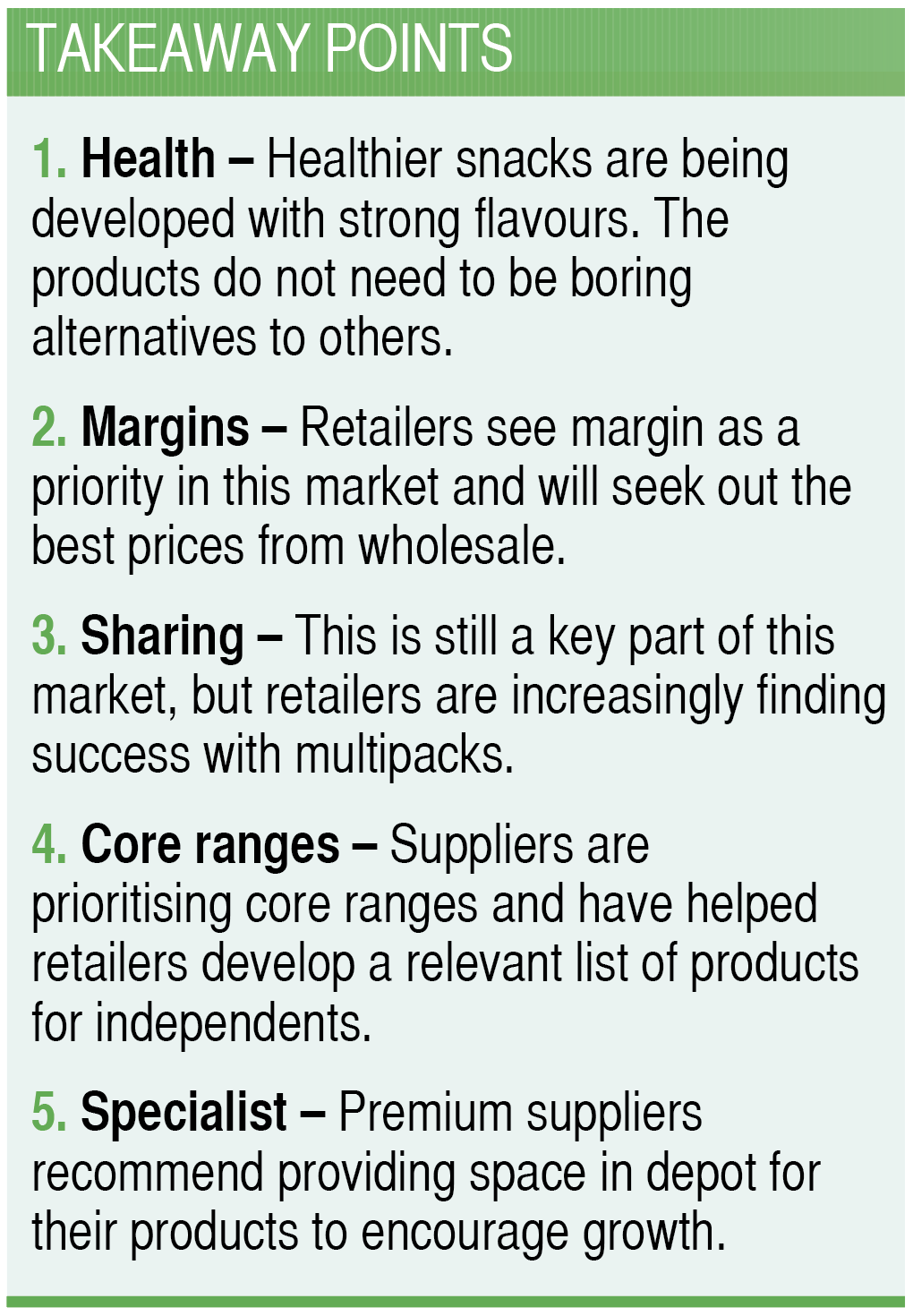 “Popcorn went into growth as retailers began giving it greater shelf space, but once shelf space was reduced, sales started to slow down. The same is true for healthier products and for sharing snacks and crisps,” he explains. “As shelf space for nuts has increased, the sales of nuts have also increased. It shows that most of our category is driven by shelf space creating sales increases.”
“Popcorn went into growth as retailers began giving it greater shelf space, but once shelf space was reduced, sales started to slow down. The same is true for healthier products and for sharing snacks and crisps,” he explains. “As shelf space for nuts has increased, the sales of nuts have also increased. It shows that most of our category is driven by shelf space creating sales increases.”
KP Snacks’ Matt Collins says there are lessons for the wholesale and the retail channels in the way the grocery sector operates. This includes positioning dual sitings of key snacks with related categories such as alcohol, using ‘manager’s choice’ signage to champion local produce and creating stand-out displays for occasions such as a big night in.
“Stocking the right range is crucial, but it’s equally important to have the right promotions and displays in place to entice shoppers,” he says. “Wholesalers can help encourage cross-category purchases by suggesting retailers group products such as snack foods, and bottles of wine and beer, as well as sharing bags of crisps and nuts.”
And spreading this kind of effective category management guidance is increasingly vital when retailers know margins are squeezed and are seeking new ways to boost profitability and sell-through.
The question is: is your depot ready to help them achieve it?
Crisps and snacks: supplier viewpoint

Matt Collins, trading director, KP Snacks: “We believe that snacks can be enjoyed as a part of a balanced diet and healthy lifestyle. Retailers are giving more range space for lighter alternatives to meet this need, and we’ve been working in improving the health credentials of our products and the way we market them for a number of years. The KP Snacks portfolio includes 29 products that are 100 calories or fewer per pack, including Pom-bear, Hula Hoops Puft, Skips, Popchips and Space Raiders. We also have active programmes across our portfolio, which work to reduce saturated fat and sodium, as well as removing artificial sweeteners, colourings and flavourings.”
Crisps and snacks product news
